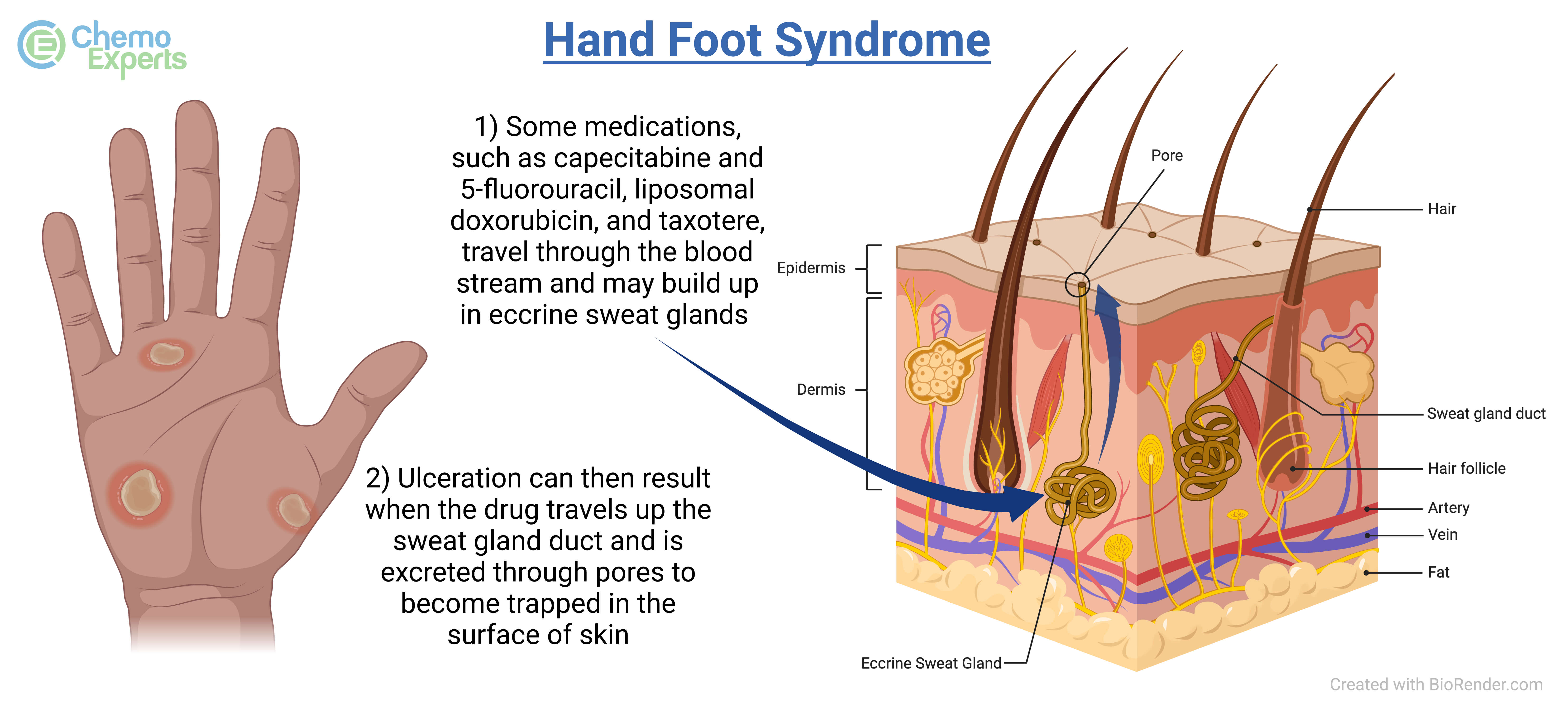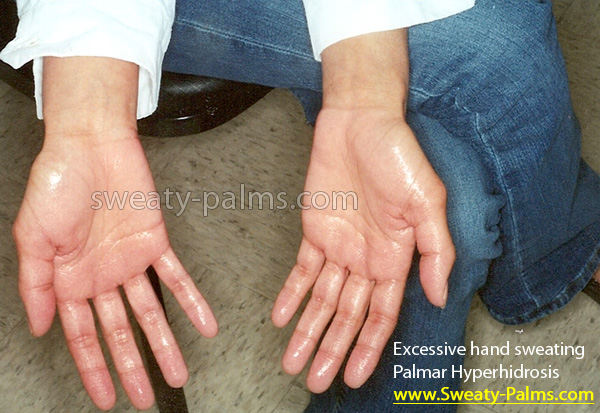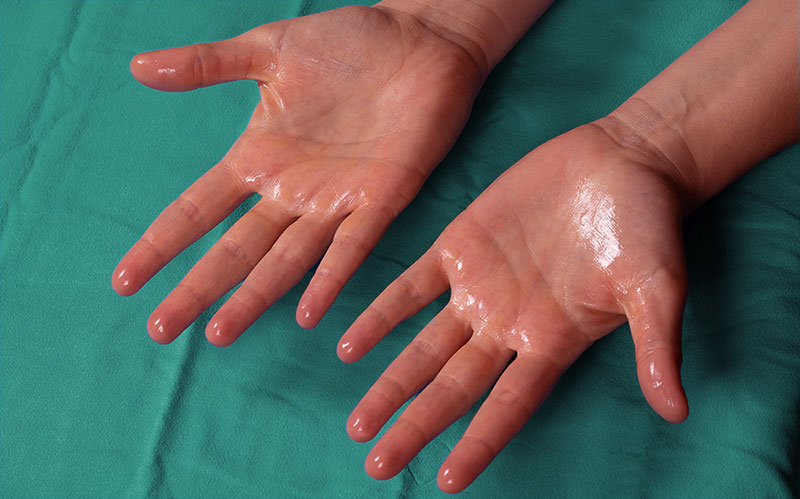Targeted Dermatology Treatments for Hyperhydrosis of Hands and Feet: Efficient Solutions
Targeted Dermatology Treatments for Hyperhydrosis of Hands and Feet: Efficient Solutions
Blog Article
Comprehending the Origin Reasons of Excessive Sweating and Its Effect On Every Day Life
While it is commonly recognized as a physical reaction to regulate body temperature level, the triggers for extreme sweating can vary extensively amongst individuals, incorporating not only physical aspects however likewise emotional and mental elements. By delving right into the origin creates of hyperhidrosis and discovering its diverse impacts, a deeper understanding of this pervasive issue can be obtained, dropping light on the intricacies that people grappling with excessive sweating navigate on a daily basis.
Physiology of Sweat Glands
The regulation of sweat manufacturing, a vital physical process, is mainly regulated by the task of sweat glands distributed throughout the human body. Sweat glands are classified into 2 major types: eccrine and apocrine glands.
When the body temperature increases, either due to physical task, heats, or psychological stress, the worried system causes the sweat glands to generate sweat. This sweat is made up mainly of water and electrolytes like salt and chloride. The process of sweat production is important for keeping the body's inner temperature within a narrow, optimal array, highlighting the important role sweat glands play in human physiology.
Triggers for Excessive Sweating
In understanding the root causes of too much sweating, it is critical to recognize the triggers that can lead to this physiological response. Physical effort, high temperatures, and spicy foods are also recognized to activate excessive sweating in people susceptible to this problem.
Additionally, drugs such as some antidepressants, opioids, and particular supplements can also work as triggers for hyperhidrosis. Comprehending these triggers is necessary in handling extreme sweating effectively - Treatment for hyperhydrosis of hands. By identifying and dealing with the particular triggers that trigger too much sweating in an individual, healthcare carriers can create customized therapy plans to reduce this problem and boost the person's quality of life
Medical Conditions Associated
Connected with excessive sweating are various medical problems that can aggravate this physical reaction. One common condition is hyperhidrosis, a problem identified by extraordinarily increased sweating that surpasses the body's thermoregulatory requirements. This can show up in focal locations like the palms, soles, underarms, or face, affecting an individual's lifestyle because of social humiliation and pain.
Moreover, endocrine problems such as hyperthyroidism, diabetes, and menopausal warm flashes can also result in extreme sweating. Hyperthyroidism causes an overflow of thyroid hormonal agents, accelerating metabolic rate and triggering sweating. Diabetic issues can generate sweating episodes, particularly during hypoglycemic episodes when blood sugar level degrees drop as well reduced. Menopausal hot flashes, associated to hormonal variations throughout menopause, can cause extreme and abrupt sweating, usually gone along with by flushing and heart palpitations.
Furthermore, infections like hiv, tuberculosis, and endocarditis have been related to night sweats, an usual sign understood to interrupt rest and affect overall health. These medical problems highlight the diverse variety of underlying factors that can contribute to discover this info here too much sweating, demanding detailed assessment and monitoring by healthcare specialists.
Emotional and emotional Elements

Influence On Social Interactions
Too much sweating can have profound impacts on a person's capacity to involve conveniently in social interactions. The noticeable signs of sweat spots or damp spots on clothing can result in humiliation and self-consciousness, creating people to withdraw from social situations. This withdrawal can impact partnerships, limit social tasks, and hinder personal and professional growth.

Additionally, the anxiousness and self-worth problems stemming from too much sweating can affect communication and interpersonal skills. Individuals may struggle to concentrate on discussions, join group activities, or reveal themselves with confidence. This can result in sensations of isolation and loneliness, as social links come to be challenging to keep.
Conclusion

While it is typically comprehended as a physical response to manage body temperature level, the triggers for extreme sweating can linked here vary extensively amongst individuals, incorporating not only physical elements yet additionally psychological and psychological aspects. By diving right into the root causes of hyperhidrosis and exploring its complex impacts, a deeper understanding of this pervasive issue can be gotten, dropping light on the intricacies that people grappling with extreme sweating navigate on an everyday basis.
Physical exertion, high temperatures, and spicy foods are likewise known to set off too much sweating in individuals susceptible to this problem. By determining and resolving the certain triggers that trigger excessive sweating in a private, medical care suppliers can create tailored treatment plans to relieve this condition and enhance the individual's quality of life.
Excessive sweating can have profound impacts on an individual's capability to engage pleasantly in social interactions.
Report this page